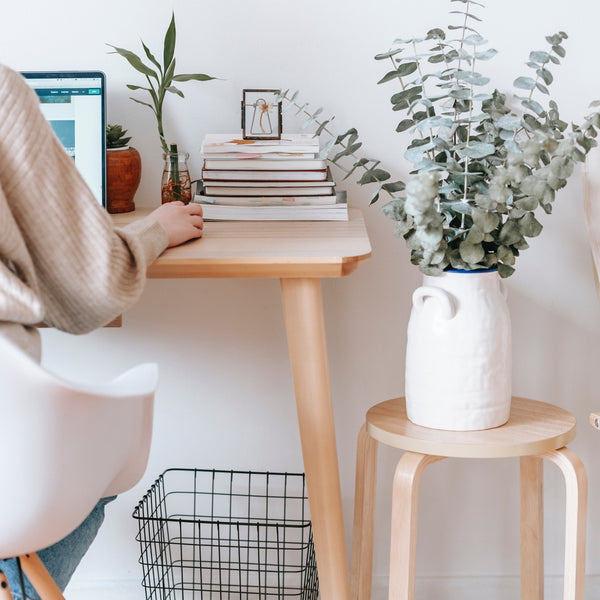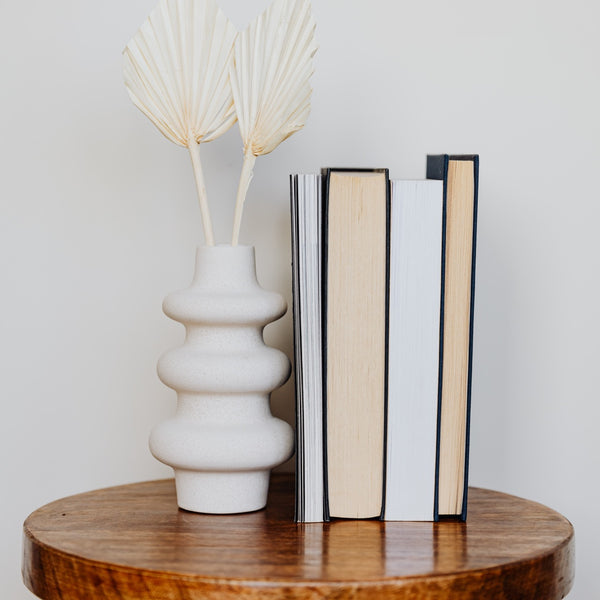The Quiet Beauty of Aloneness - Infuse Solitude into Your Life


There's a mysterious allure found in serenity. No matter where you live, or the career path you've chosen, inevitably there will be times when you are by yourself. So how do you feel about being in your own company? Do you look forward to those moments or are they a source of discomfort? Quiet reflection is a gift that nourishes the psyche and soul. Especially today, in this age of stimulation saturation, the quiet beauty of aloneness can get lost amid all the static. Although it seems, without the chance to shut out distractions, time passes at Nascar speed... Is it any wonder that mindfulness is such a challenge?

Iconic English writer Virginia Woolf was far ahead of her time, exploring themes of reincarnation and fluid sexuality in her novel “Orlando,” published in 1928. Back then, the deeply insightful Woolf wrote, “Orlando naturally loved solitary places, vast views, and to feel himself for ever and ever and ever alone.” Woolf understood the therapeutic value of tranquility and viewed it in a healing light. Please don’t confuse being alone with loneliness. Very different states of being, the later implies craving company and feeling deprived. While aloneness, in many ways, is the opposite. Extremely comforting, you don't require anyone else because you are already whole.

Weirdly though, our culture tends to view spending time alone as unnatural. Seen as a warning sign in children and teens, some say it signals sadness or depression. What's more, the practice of giving children timeouts as punishment has perpetuated the notion that silence is negative. Sure, it can be true that a disturbed person may seek out time away from others, however it's also true that well-adjusted people crave time by themselves. It’s natural and healthy. Not surprisingly, a new study, published in the Journal of Adolescence, shows that solitude has substantial health benefits for young adults. Co-author of the study, Dr. Margarita Azmitia, professor of psychology at UC Santa Cruz, said, “Developmentally, learning to be alone is a skill, and it can be refreshing and restorative.” The study showed that choosing private time was very different, in contrast to forced time alone, which was viewed mostly as unpleasant. Additionally, researchers stressed how important it was for parents to teach children the value of aloneness at a young age, so they could develop deeper mind/body awareness.

Another lovely benefit of private time is strengthened creativity. World famous author of psychological mysteries, Patricia Highsmith (“The Talented Mr. Ripley,” and “Carol,”) once said, “My imagination functions much better when I don't have to speak to people.” Similar to meditation and dreams, solitude offers time for introspection, allowing you to explore the recesses of your inner world. Like children who fabricate imaginary friends, being alone enlivens the mind. Some, like Highsmith, seek out aloneness, while for others it’s an acquired skill in need of developing. Introvert or extrovert, one thing is clear: There's much to be gained by spending time alone. When your thoughts have a chance to flow naturally you can observe, listen, and feel.

Being alone doesn't imply there won't be other people around either. In the words of philosopher, Greek scholar, and poet, Friedrich Nietzsche, “My solitude doesn't depend on the presence or absence of people; on the contrary, I hate who steals my solitude without, in exchange, offering me true company.” When you are at ease enjoying your own presence, the universe supplies more options. For instance, maybe you take yourself to a movie, concert, or stage play. Seeing a performance on your own can be a transcendent experience. Without talking to the person beside you, or considering their wants, you can fully immerse yourself in the experience. Ironically, alone time can also help you be more present when interacting with others; feeling centered allows you to focus and listen with ease. When being with others stems from choice instead of neediness, the experience shifts and becomes more joyful.

Think of solitude as another branch of self-care. Additionally, you can infuse more serenity into everyday rituals. As you partake in wellness activities (preparing a healthy meal, showering, applying creams,) slow down and become aware of your breath. Witness your actions. Resist the urge to think of what you'll do later. Be in the moment. Explore where it takes you. Take time to cultivate the art of solitude each day. It's worth the dedication, since serenity bears the fruit of self-love, gratitude, and compassion. Within the ebb and flow of life, aloneness is always occurring. How you live in those moments is your choice. So embrace the wonder of your own company.



